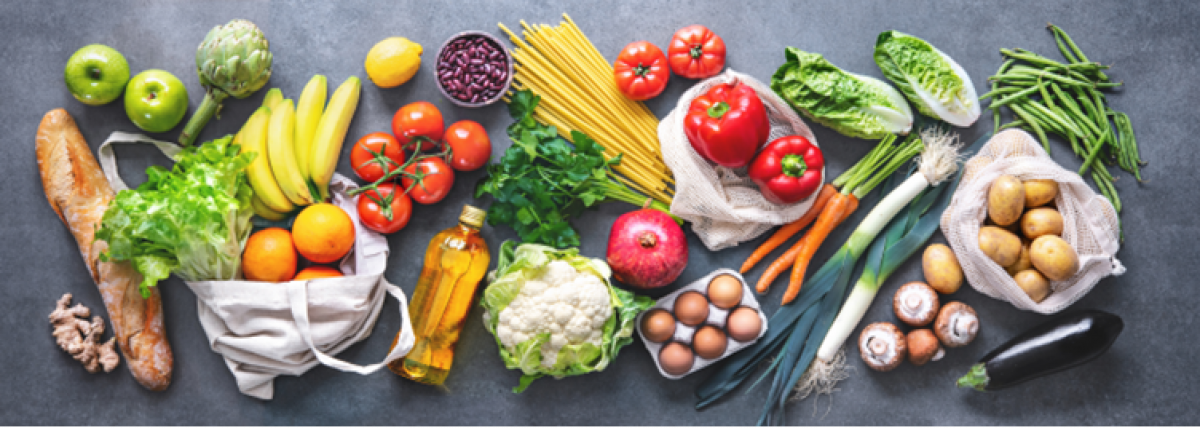Malnutrition in Older Adults

Malnutrition can threaten your health and hamper your ability to fight sickness and injuries.
Know the warning signs of malnutrition
- Wounds heal slowly
- Loss of appetite
- Feeling tires or fatigued
- Sudden unexpected weight loss
- Swelling in your ankles, legs, or belly
- Getting sick often
- Muscle weakness
- Frequent nausea, vomiting, or diarrhea
If you have a chronic health condition: Diabetes, Cancer, Heart Disease or Dementia this can put you at greater risk of malnutrition.
Malnutrition can be a factor in the following issues.
- Risk of falls and broken bones
- Higher Risk of death
- Longer/more frequent hospital stays
- Higher stress levels
- Risks of infections
- Loss of independence
Tips for Good Nutrition
- Eat 5-6 small meals a day instead of 3 large meals
- Build muscles and strength by lifting weights, or using resistance bands
- Participate in Bingocize
- Participate in Tai Chi for Diabetes and Fall Prevention
- Take walks regularly
- Eat meals socially with family or friends
- Use an oral supplement that you like that will provide you protein and essential nutrients. Look for a supplement that provides at least 150 calories 15-30 grams of protein per 8 ounces.
- Eat foods that are tasty and easy to prepare rich in calories and protein. High protein foods can be milk, beans, meat, and eggs.
Learn more about malnutrition at the Nation Council on Aging website
https://www.ncoa.org/older-adults/health/diet-nutrition/malnutrition
